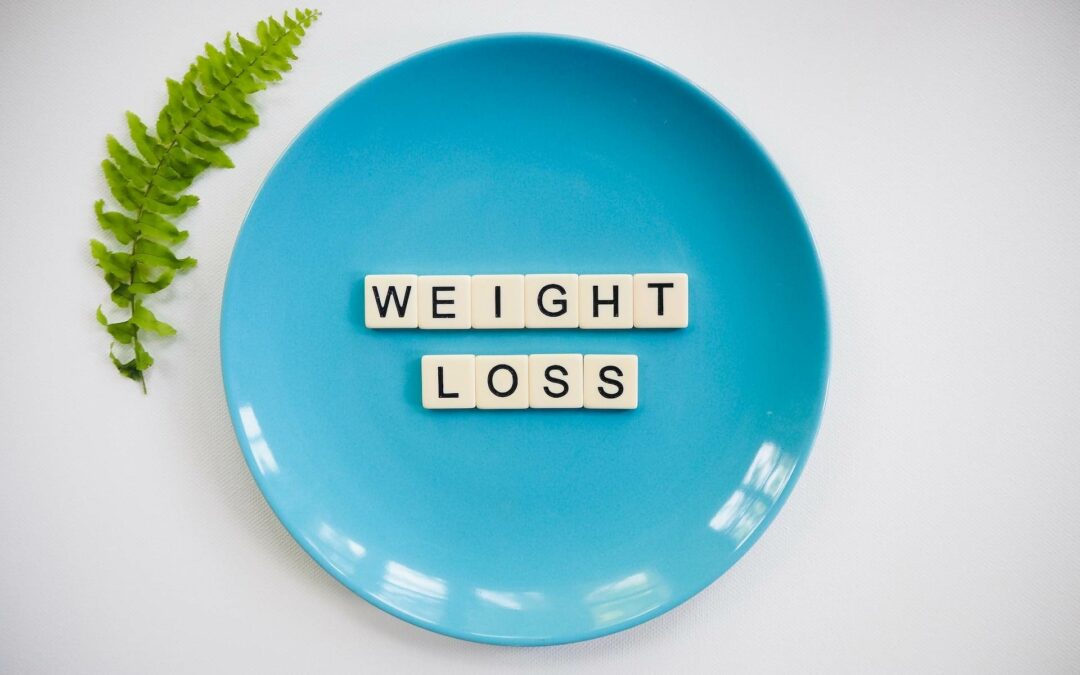Weight loss is a process that has gained a lot of attention over the years. With increased obesity rates, people have become more conscious of their weight and its impact on their health. However, the approach toward weight loss needs to be revised, leading to unhealthy practices and unsustainable results.
Understanding the Basics of Weight Loss
Before diving into the healthy approach to weight loss, it is essential to understand the basics of weight loss. The primary principle of weight loss is creating a calorie deficit, i.e., burning more calories than you consume. This can be achieved through a healthy diet and regular exercise.
Healthy Diet
A healthy diet is the foundation of weight loss. It helps create a calorie deficit and provides nutrients for overall health and well-being. The key to a healthy weight-loss diet is a balance of macronutrients – carbohydrates, proteins, and fats, and micronutrients – vitamins and minerals.
Carbohydrates
Carbohydrates are an essential macronutrient that provides energy for the body. However, not all carbohydrates are created equal. Simple carbohydrates like sugar and refined grains should be limited, while complex carbohydrates like whole grains, fruits, and vegetables should be included in the diet. These provide fiber, which keeps you full for longer and prevents overeating.
Proteins
Proteins are essential for muscle growth and repair. Including protein in your diet helps maintain muscle mass while losing fat. It also keeps you full for longer, preventing overeating. Good protein sources include lean meats, fish, eggs, beans, and legumes.
Fats
Fats are also an essential macronutrient that provides energy and helps absorb vitamins. However, choosing healthy fats like monounsaturated and polyunsaturated fats found in nuts, seeds, and fatty fish is important, while limiting saturated and trans fats found in processed foods and animal products.
Micronutrients
Micronutrients like vitamins and minerals are essential for overall health and well-being. Including various fruits and vegetables in your diet gives you all the necessary micronutrients.
Exercise
Exercise is an essential component of a healthy approach toward weight loss. It burns calories, improves cardiovascular health, increases muscle mass, and boosts metabolism. The key to exercising for weight loss is a combination of cardio and strength training.
Cardio
Cardiovascular exercises like running, cycling, and swimming help burn calories and improve cardiovascular health. Aim for at least 150 minutes of moderate-intensity cardio per week.
Strength Training
Strength training helps build muscle mass, increasing metabolism and burning calories even at rest. Aim for at least two weekly strength training sessions, targeting all major muscle groups.
Other Tips
Apart from a healthy diet and exercise, other tips can aid in weight loss.
Hydration
Drinking enough water helps in keeping you full and prevents overeating. Aim for at least eight glasses of water per day.
Sleep
Getting enough sleep is essential for weight loss. Lack of sleep can disrupt hormones that regulate hunger, leading to overeating. Aim for at least seven hours of sleep per night.
Stress Management
Stress can lead to overeating and weight gain. Find ways to manage stress, like meditation or yoga.
Conclusion
A healthy weight-loss approach combines a healthy diet, regular exercise, and other lifestyle modifications. The key is to make sustainable changes that can be maintained in the long term. Remember, weight loss is not a one-time process but a journey toward a healthier and happier life.
Are you looking for the best body sculpting center? Melinda Silva, MD, is a San Diego medical spa specializing in anti-aging, wellness, bioidentical hormones, weight loss, and CoolSculpting. Schedule a consultation today!

